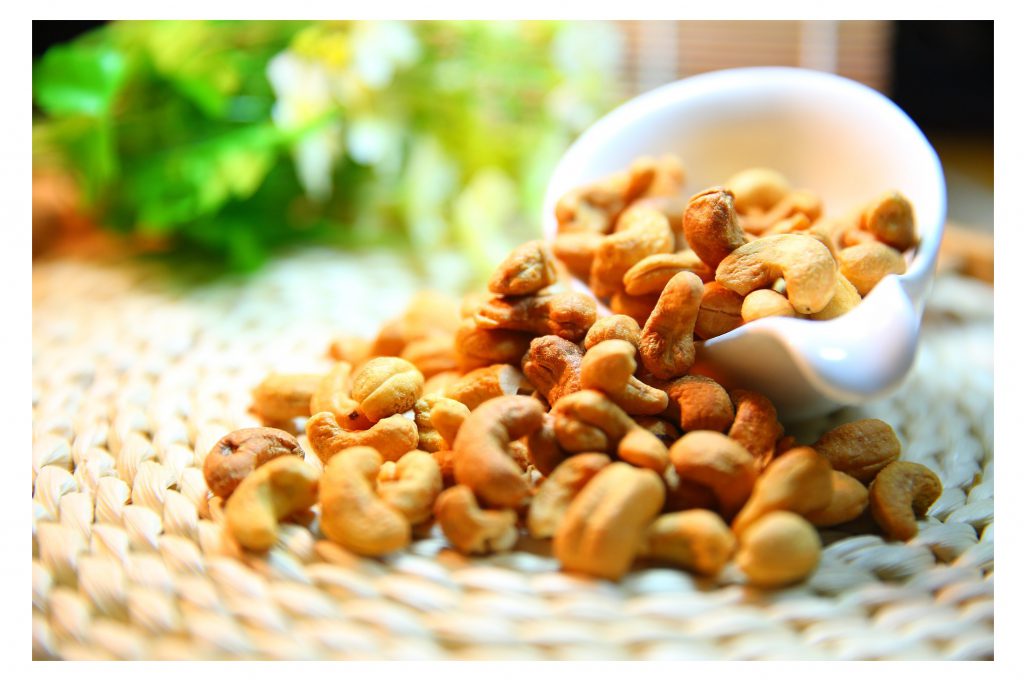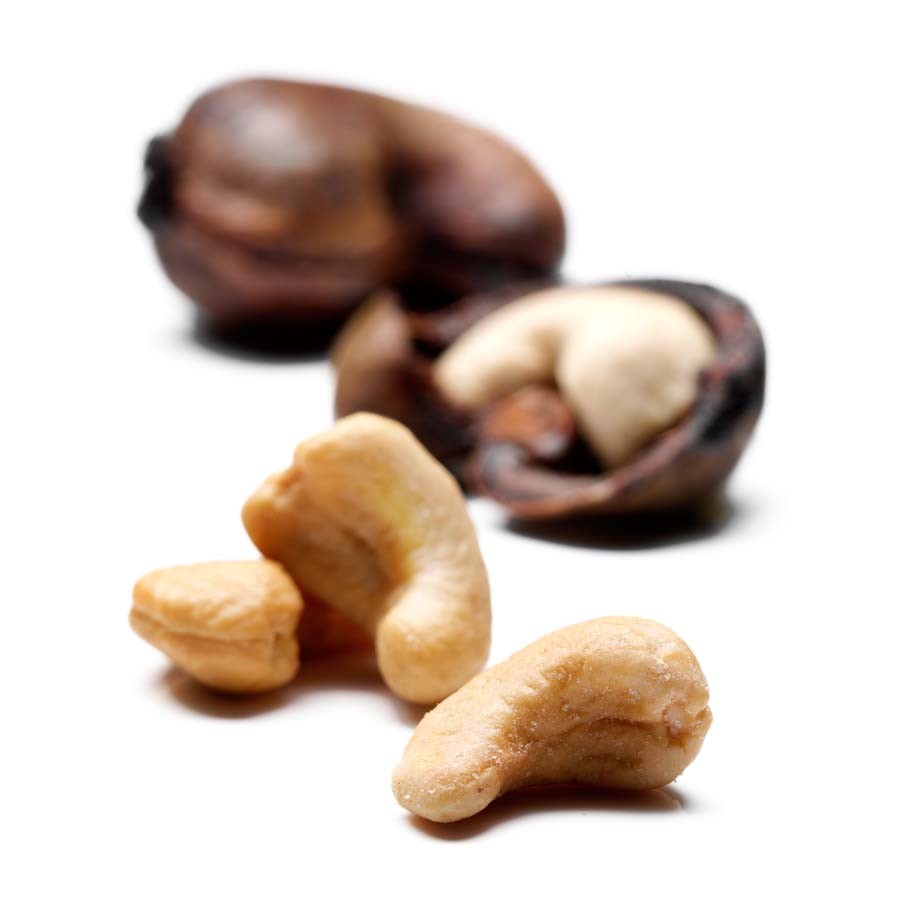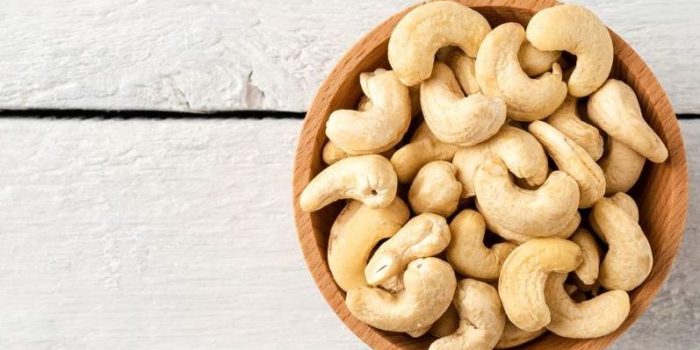New scientific findings showed that the energy content of cashews -the calories- is 16% lower than what is typically stated on current food labels and databases in the United States, including the USDA National Nutrient Database for Standard References. The study also makes a claim to correct this value in order to provide consumers with accurate energy information.
Calorie Content in Cashews

Carried out by the USDA with the support of the Global Cashew Council and the INC and published in the journal Nutrients, the study brings off a human intervention trail with eighteen healthy volunteers. 9 males and 9 females were recruited to participate in a 9-week feeding test divided in two periods. In the first, participants consumed a controlled base diet supplemented with 42 g/day of cashews for 4 weeks and in the second, a controlled base died with no cashews during 4 more weeks.
After analyzing protein, fat and energy from their diet samples (feces and urine) by the ending of each period, the results showed that the calorie content of cashews is 16% lower than what is now stated on current food labels and nutritional databases.
Cashews and Cholesterol

On the other hand, another recent study, published in The American Journal of Clinical Nutrition, concluded that 42 g/day of cashews may not increase “bad” cholesterol levels. The study also observed that adding 42 g of cashews every day to a typical Western diet may help reduce the enzyme PCSK9, and lower PCSK9 concentrations are associated with the removal of LDL “bad” cholesterol from the blood.
In sum, whereas the current reported that the energy value of cashews is 163 kilocalories (kcal) per serving (28 g – 1 oz), USDA researchers found that the calorie content of a portion is 137 kcal, 16% less.










